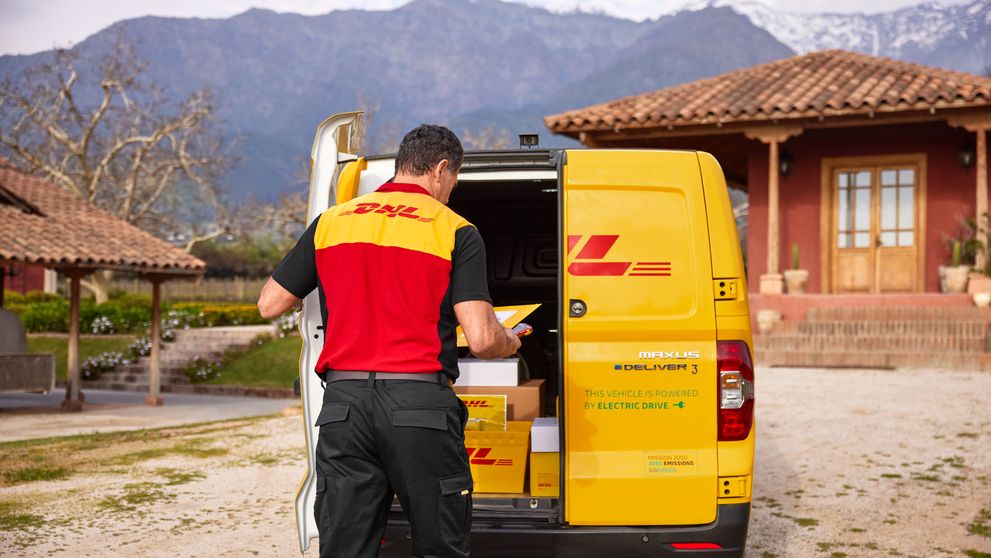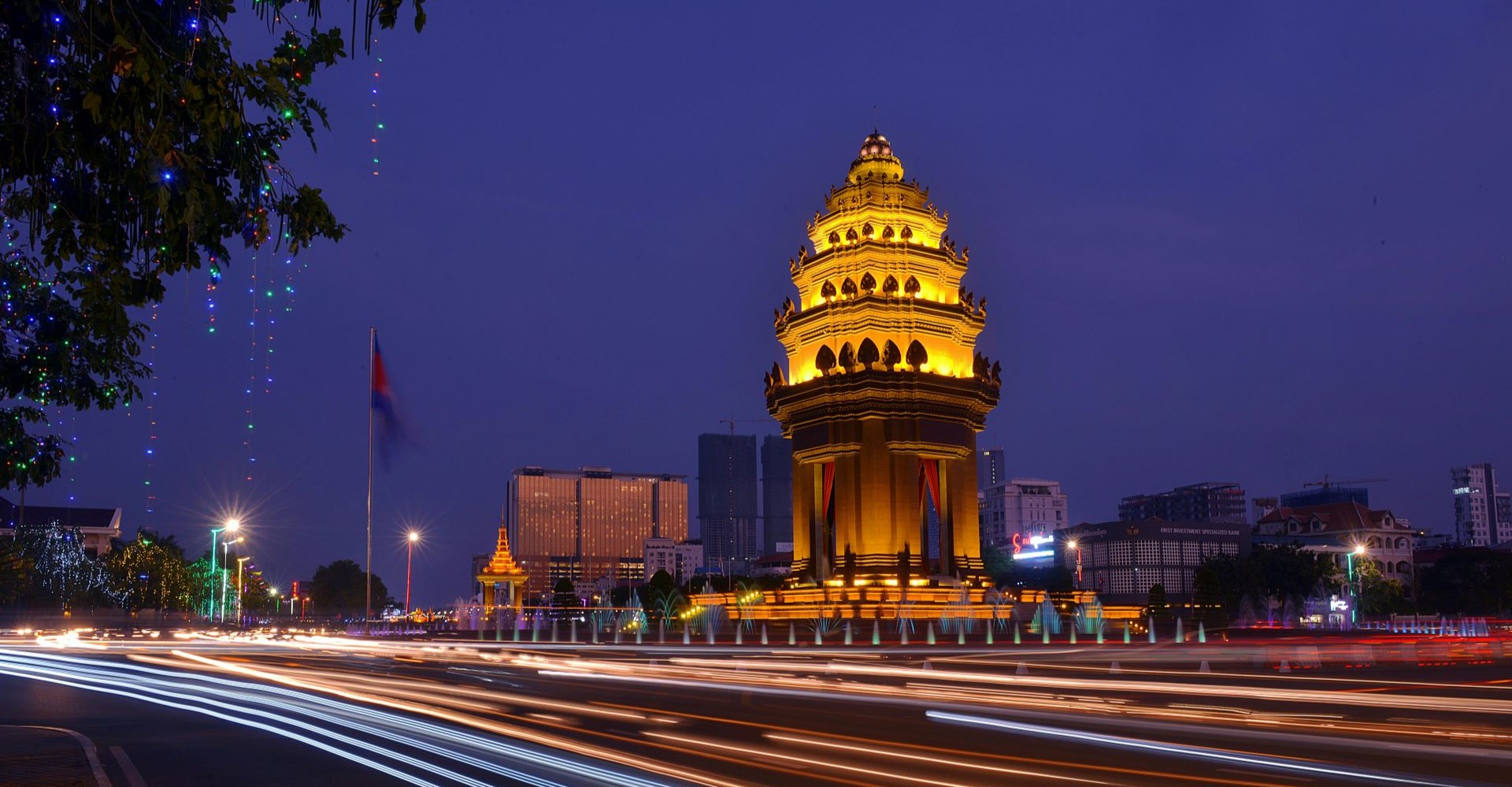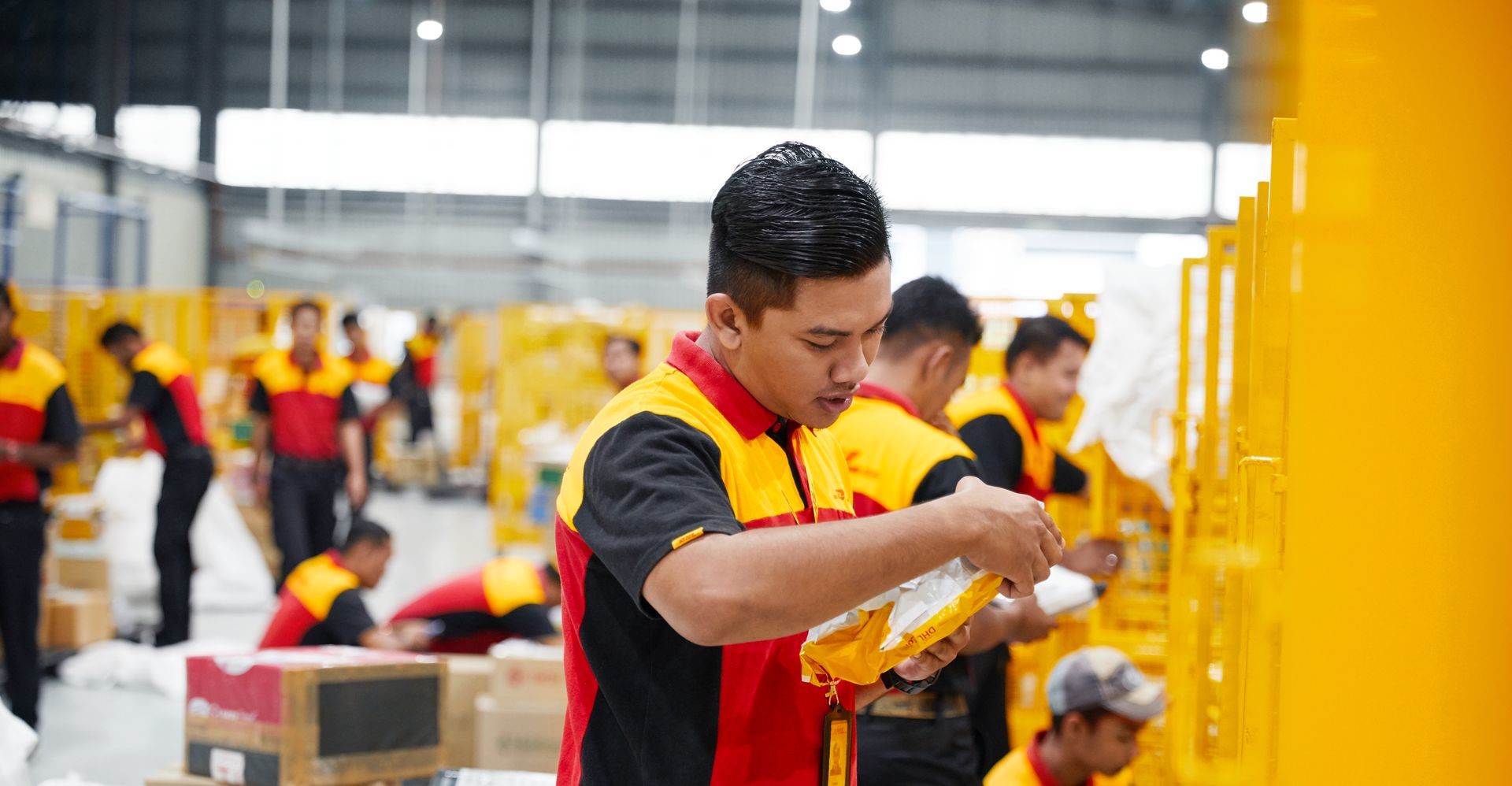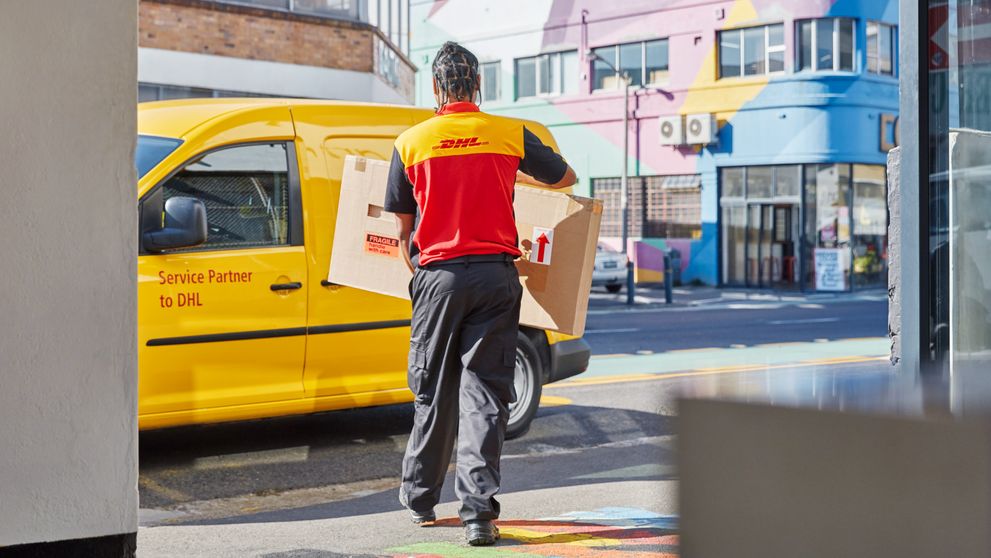Cambodia's tourism industry is rapidly growing, emerging as a significant contributor to the country's economy. According to Statista, Cambodia’s travel and tourism industry is expected to grow at a compound annual growth rate of 7.68% from 2024 to 2028, projected to reach US$385 million.
Central to the success and sustainability of this sector is effective logistics and supply chain management. In the context of the hospitality industry, supply chain management encompasses the procurement, storage, and delivery of goods and services necessary for the seamless operation of hotels, resorts, and restaurants.
From food and beverages to linens and toiletries, an efficient supply chain is vital for ensuring that all aspects of hospitality operations run smoothly. By optimising their supply chain, businesses in the hospitality industry can maintain high standards of service, enhance guest satisfaction, and ultimately drive profitability.
Cambodia's hospitality supply chain challenges
Despite its potential, Cambodia's hospitality industry faces several supply chain challenges that hinder seamless operations. Logistical hurdles, such as inadequate infrastructure and transportation networks, can disrupt the timely delivery of essential goods.
Additionally, the fluctuating nature of seasonal demand in the tourism industry complicates inventory management and forecasting. This makes it challenging to manage the supply chain in the tourism and hospitality industry.
In summary, these key challenges include:
- Logistical hurdles: Limited infrastructure and transportation networks, especially in rural areas, complicate the timely delivery of goods. Customs and border control inefficiencies further delay the importation of international products.
- Fluctuating demand: Seasonal tourism and unpredictable events cause significant variations in demand, making inventory management complex and uncertain.
- Sourcing quality Products: Finding local suppliers that meet international quality standards is challenging, and relying on international suppliers introduces complexities such as longer lead times and higher shipping costs.
- Price: According to Phnom Penh Post, Cambodia’s logistics cost per gross domestic product (GDP) is significantly higher than comparable ASEAN countries.
Overcoming these challenges is crucial for businesses in Cambodia’s hospitality and tourism industry to maintain high standards and ensure customer satisfaction.
Strategies for optimising hospitality supply chains
To address these challenges, businesses in the hospitality and tourism industry can implement several effective supply chain management strategies:
- Inventory management: Efficient inventory management helps businesses maintain optimal stock levels, reducing waste and ensuring that essential items are always available. To help, businesses can use hospitality management systems that offer real-time tracking and analytics.
- Supplier relationship management: Building strong relationships with reliable suppliers can mitigate risks associated with fluctuating demand and product quality. This includes negotiating favorable terms and ensuring consistent supply.
- Technology integration: Hospitality companies like hotels and resorts can consider implementing automated inventory management systems to streamline operations. These types of hospitality technology can help by accurately tracking stock levels, predicting shortages, and automating reordering processes, ensuring businesses are well-prepared to meet demand fluctuations.
By adopting these strategies, hospitality and tourism businesses in Cambodia can optimise their supply chain management, leading to improved operational efficiency and enhanced guest experiences.
The role of sustainability in hospitality supply chains
Sustainability in the hospitality industry is becoming increasingly important in today’s world. For businesses in the hospitality and tourism industry, this includes sourcing eco-friendly products, reducing waste, and implementing green supply chain management practices.
The adoption of sustainable practices in the hospitality industry not only contributes to environmental conservation but also enhances the brand image of hotels and resorts, attracting eco-conscious travelers.
For example, sourcing local products can reduce the carbon footprint associated with long-distance transportation. By purchasing goods and produce from local farmers and suppliers, hotels and restaurants can minimise transportation emissions, support the local economy, and ensure fresher products for their guests. For global shipping of products, businesses in the hospitality industry can consider the use of Sustainable Aviation Fuel (SAF).
Additionally, initiatives such as reducing single-use plastics, investing in renewable energy sources, and encouraging recycling programs can further bolster a hotel's commitment to sustainability.
Implementing green supply chain management practices, businesses in Cambodia’s hospitality and tourism industry can reduce waste and optimise their resource usage, ultimately lowering operational costs while contributing to a more sustainable future. These efforts not only resonate with environmentally conscious guests but also set a standard for corporate responsibility, ultimately contributing to a healthier planet and a stronger market position.




















